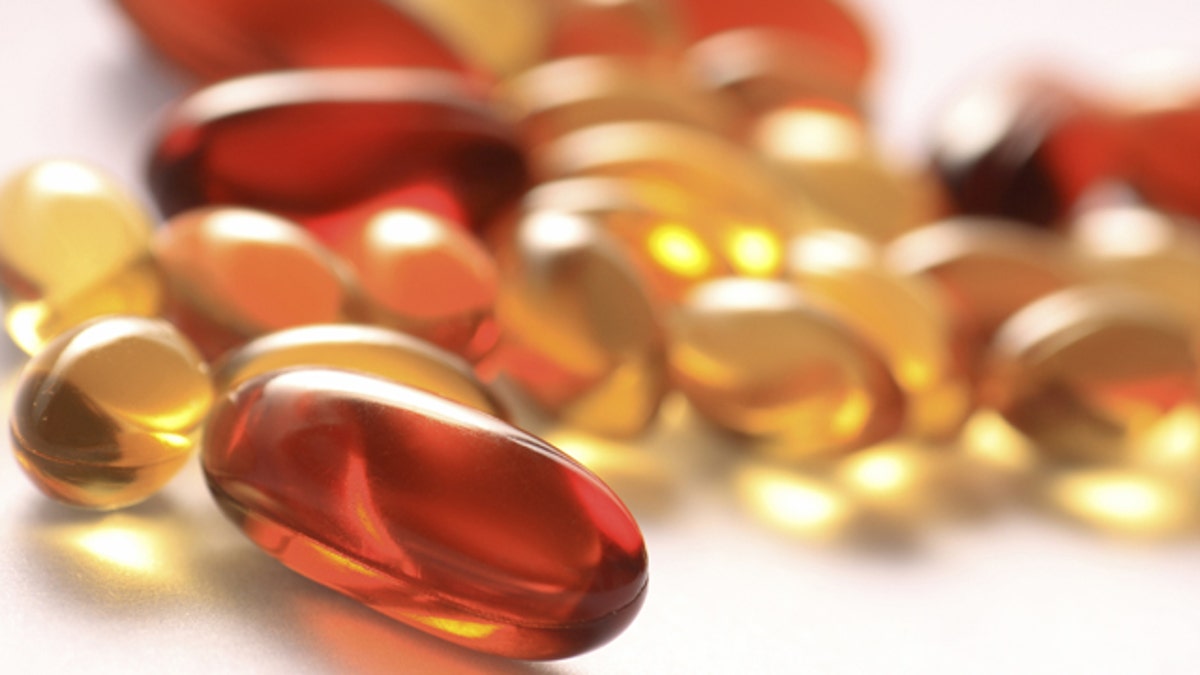
(iStock)
Research has indicated that Omega 3’s may not only decrease risk for cardiovascular disease, but can also increase mood, memory, and decrease risk for Alzheimer’s disease. Personally, I recommend that all my patients with Attention Deficit Hyperactivity Disorder (ADHD) or autism take an Omega 3 fatty acid supplement. Why? Docosahexaenoic acid, also known as DHA (one
of the super Omegas), is a major structural component of the brain. In fact, it is present in 97 percent of our brain. It supports neurotransmission among brain cells and is also important in child brain development. This particular omega 3 fatty acid is found in fatty fish like salmon and tuna.
While eicosapentaenoic acid (EPA), the other super omega, is more heart protective. Unfortunately, there aren’t many foods that contain these fats naturally. But fatty fish, especially those that are wild (mackerel, salmon, herring, tuna, cod liver oil), are highest in these fats. Today many food companies are adding omega 3s to foods like milk, butter spreads, cheeses, and even pastas. Other foods, like flaxseed, walnuts, and avocado, contain alpha-linoleic acid, ALA, which is converted to omega 3 in our bodies. Some people find it hard to get these fats into their diet naturally, especially because of the fear of mercury in fish like tuna, so it’s a good idea to supplement. The problem, as you mentioned, is that there are so many supplements to choose from! Read below to find my favorite brands and tips on how to use them.
Get the proper dose
If you don’t eat fatty fish like salmon two times a week or fortified foods like eggs, milk, cheese, and yogurt, you would benefit from taking a supplement ranging anywhere from 1000 mg to 3000 mg/day. (Remember to consult with your physician before doing so, especially if you are on blood thinning medications.) Most supplements require you to take two capsules and each capsule provides about 180-300 mg of EPA and 120-200 DHA per capsule. Make sure to store them in a cool, dry place.
Read the label
Fish oil supplements are usually derived from sardine, salmon, tuna, or anchovy and sold as liquid or soft gel capsules. But labels can be deceiving. Many times a brand will advertise 1000 mg of omega 3s on the front of the label, but that doesn’t mean all the omega 3s are coming from EPA and DHA. Be sure to read the back of label. You are looking to find
most if not all the omega 3s coming from EPA and DHA.
No burps
Patients often complain that they discontinue taking fish oil because it repeats on them and gives them “the burps.” To prevent this from happening, The Mayo Clinic recommends that you place the capsules in the freezer. By freezing them, the process of breaking down the fish oil in the stomach is slowed down, often reducing fishy burps. Don’t worry though; the fish oil is still digested effectively. If you can’t swallow pills you may want to try a liquid flavored supplement or a chewable.
My favorite brands
When choosing supplements of any kind, I like to use those that are the most pure and third-party tested. The following supplements are free of toxins, and heavy metals: Nordic Naturals, Coromega (which is great for kids because it is not a pill), and Nature Made. An extra bonus is that Nordic Naturals and Nature Made contain no artificial colors, flavors, preservatives, yeast, starch, or gluten.
Tanya Zuckerbrot MS, RD, is a nationally known registered dietitian based in New York and the creator of a proprietary high-fiber nutrition program for weight loss, wellness and for treating various medical conditions. Tanya authored the bestselling weight loss book The F-Factor Diet, and she is the first dietitian with a national line of high-fiber foods, which are sold under the F-Factor name. Become a fan of Tanya on Facebook, follow her on Twitter and LinkedIn, and visit her website Ffactor.com.







































